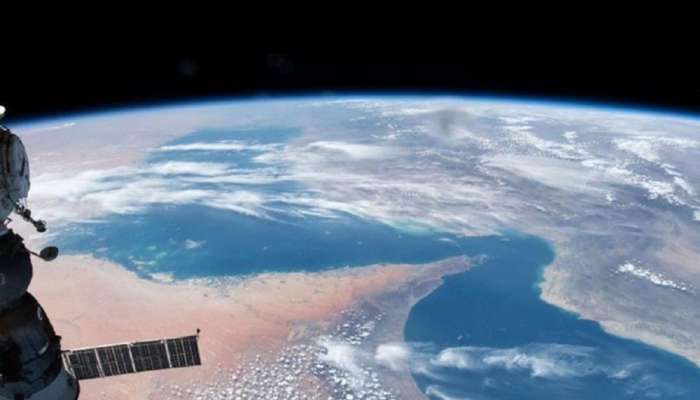
Muscat: Oman is rapidly establishing itself as a key player in the global space sector, moving from symbolic participation to a leadership role with strategic international partnerships.
This development comes amid growing regional and global attention to space exploration and technology.
Dr. Saud bin Humaid Al Shuaili, Director General of Policies and Governance and Head of the National Space Programme at the Ministry of Transport, Communications, and Information Technology, highlighted the national space policy under Oman Vision 2040 to boost diversification.
He noted that Oman launched its National Space Policy in January 2023, envisioning the country as a regional gateway for space applications that support economic diversification and uncover future opportunities, with a focus on terrestrial services and applications.
The policy has led to initiatives like the Oman Space Accelerators programme, which equips local companies to provide high-demand space services previously offered by foreign firms.
The National Space Program me also emphasises professional skills, research and innovation, and entrepreneurship, with capacity-building programmes for government and private sector staff, as well as students.
Other notable projects include a Space Science and Technology corner at the Children’s Museum and a Space Engineering Lab at Sultan Qaboos University, nurturing expertise in small satellites and remote sensing applications.
Oman’s geographic and climatic advantages make it an ideal location for space operations. The country overlooks the Arabian Sea and Indian Ocean, allowing eastward rocket launches along safe orbital paths, while stable weather and large uninhabited areas support accurate observations and testing of space technologies.
In December 2024, Oman marked a milestone by launching its first test rocket from Al-Kahl in Duqm, becoming the first Gulf Arab country to launch a rocket from its territory.
The success of the Duqm-1 mission showcased the port’s capability for suborbital launches and strengthened Oman’s position as a regional space hub.
Experts highlight Oman’s potential to offer critical services for space operations, including ground stations, control centres, and telecommunications infrastructure, while fostering regional collaboration and hosting research centres and space technology start-ups.
Celebrated from October 4 to 10 under the United Nations umbrella, World Space Week highlights the impact of space technology on daily life.
, from communications and navigation to climate monitoring and disaster management, while promoting global collaboration and sustainable space development.
Oman’s strategic investments, partnerships, and talent development position it to play a pivotal role in humanity’s expanding presence in space.